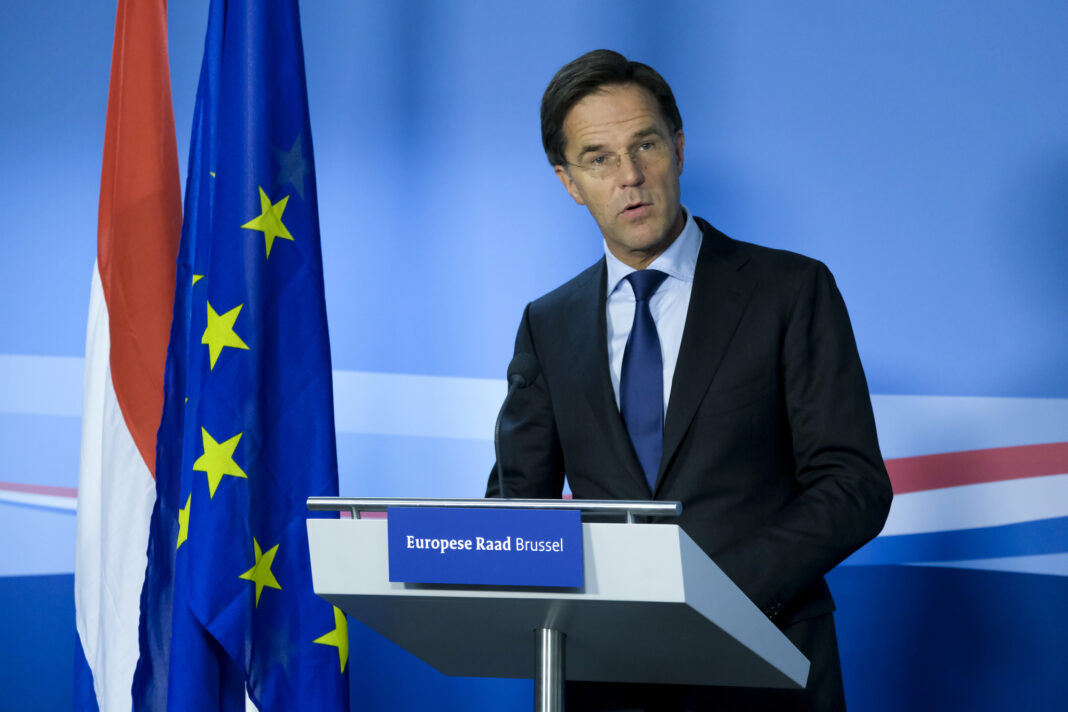Yesterday, the Netherlands and other EU member states agreed to ban the import of Russian oil by sea. The boycott will enter into effect at the end of this year.
When EU countries end their import of Russian oil by sea, it’ll affect about three-quarters of Russia’s total oil exports to the EU.
However, Russian exports could effectively be cut by as much as 90% since Germany and Poland have also pledged to waive the oil they receive from Russian pipelines, writes the NOS.
Dutch Prime Minister is happy to have reached an agreement
EU leaders have been negotiating a potential boycott of Russian oil for almost four weeks. According to the NOS, Mark Rutte is happy that an agreement has finally been reached. The Dutch Prime Minister said that “at the beginning of the evening I was not at all hopeful.”
In a tweet prior to the final negotiations, Rutte wrote that he would speak his piece for upping the pressure on Russia:
After the agreement had been reached, Rutte emphasised that Rotterdam and other important Dutch port cities and petrochemical centres shouldn’t fear competition from Hungary, Slovakia, or the Czech Republic, writes NU.nl.
The three countries don’t have any seaports and are dependent on Russian oil from pipelines. For that reason, they aren’t part of the boycott. However, they aren’t allowed to export any of the cheap pipeline oil.
Paves the way for further sanctions
The partial oil boycott opens up possibilities for further sanctions on Russia. Previously proposed by the European Commission, the international payment system, Swift, will stop servicing Russia’s largest bank, Sberbank.
The EU will also ban three of Russia’s state broadcasters and has introduced travel restrictions for amongst others the head of the Russian Orthodox Church, writes NU.nl.
Next sanction in the works
Rutte has said that if the EU begins working on a seventh sanction package, he would like a different procedure than the one at the Brussels summit. “If we are going to work on a seventh package, we must first have a debate about the technology,” he explained.
So…what does that mean?
While it’s not 100% clear how it would happen, the Dutch Prime Minister wants to discuss what alternatives exist for Russian oil and how to convert oil refineries. Only then will Rutte “start to talk about what the sanction package should actually look like.”
What do you think of the partial boycott and the prospect of more sanctions? Tell us in the comments!



